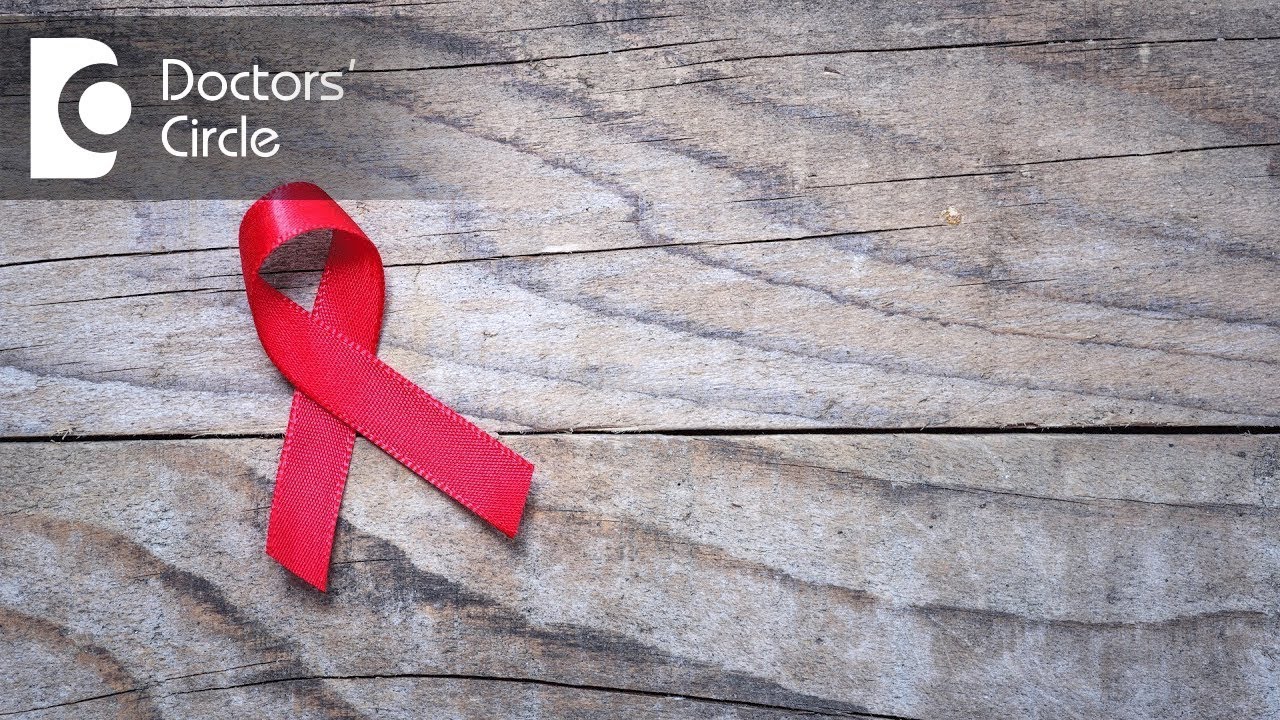Causes of delayed seroconversion or negative HIV testing post 6 months of exposure
The fear or the concern that one might be infected, going through an exposure of any kind, maybe it is a needle stick injury, maybe it is a sexual assault, maybe it is unprotected sex, whether it is for men or women, it is for a deeply traumatising experience. Because there are a whole range of emotions that come with it, there is guilt, shame, stigma, there is a sense of why did this happen to me etc, it is a complicated set of emotions and people are scared to share this with too many people. The facts are that after an exposure by about day 15, it could be a day earlier, if you do an RNA-PCR test and if it comes negative, the chances that you are infected are extremely low. By the end of 6 weeks, if a 4th generation antigen antibody is negative you can almost be sure the HIV infection has not occurred and by all protocols if there is a negative test at the end of 3 months, you are cleared of HV infection unless new exposure has happened. Some of the older guidelines have 6 month test after which again one would be cleared, this phenomenon of delayed seroconversion is not something that is expected or known in the literature if you look at the internet, we look at several sources or videos talking about people who are infected and test came back as positive after several years usually there is missing data or missing information in these cases. Rather than focus on the delayed seroconversion, I would focus on why someone continues to believe or continues to live with this anxiety or fear that they might be infected. It is just that these tests are not showing up to be positive. Infact there is a name for this called as HIV phobia. If you are experiencing any of these symptoms, my advise would be please go and meet a team which has both an HIV expert and a psychologist in an integrated manner and sometimes it requires a customised programme developed for you where a number of skills are taught along with the right level of medical supervision and if counselling lasts the right therapy, with the expertise of an HIV physician is combined many times there is an excellent outcome. So I encourage you to do that.



![[ID: Hx_A0iLhdr8] Youtube Automatic](https://bizimtube.com/wp-content/uploads/2021/03/id-hxa0ilhdr8-youtube-automatic-236x133.jpg)
![[ID: lp7w0UmpuIs] Youtube Automatic](https://bizimtube.com/wp-content/uploads/2021/03/id-lp7w0umpuis-youtube-automatic-236x133.jpg)
![[ID: s2-7T1TH-lY] Youtube Automatic](https://bizimtube.com/wp-content/uploads/2021/03/id-s2-7t1th-ly-youtube-automatic-236x133.jpg)
![[ID: b_lakC9M4UQ] Youtube Automatic](https://bizimtube.com/wp-content/uploads/2021/03/id-blakc9m4uq-youtube-automatic-236x133.jpg)
![[ID: r44yl6nPONs] Youtube Automatic](https://bizimtube.com/wp-content/uploads/2021/03/id-r44yl6npons-youtube-automatic-236x133.jpg)
![[ID: pAwto1YQjA8] Youtube Automatic](https://bizimtube.com/wp-content/uploads/2021/03/id-pawto1yqja8-youtube-automatic-236x133.jpg)
![[ID: XETG8azHiv4] Youtube Automatic](https://bizimtube.com/wp-content/uploads/2021/03/id-xetg8azhiv4-youtube-automatic-236x133.jpg)
![[ID: f3G_-S_2HUk] Youtube Automatic](https://bizimtube.com/wp-content/uploads/2021/03/id-f3g-s2huk-youtube-automatic-236x133.jpg)
![[ID: G8oWns54snA] Youtube Automatic](https://bizimtube.com/wp-content/uploads/2021/03/id-g8owns54sna-youtube-automatic-236x133.jpg)
![[ID: s0lIFXhu6aw] Youtube Automatic](https://bizimtube.com/wp-content/uploads/2021/03/id-s0lifxhu6aw-youtube-automatic-236x133.jpg)
![[ID: 4UTd2Ev8eYg] Youtube Automatic](https://bizimtube.com/wp-content/uploads/2021/03/id-4utd2ev8eyg-youtube-automatic-236x133.jpg)
![[ID: RKBGBjVJBxQ] Youtube Automatic](https://bizimtube.com/wp-content/uploads/2021/03/id-rkbgbjvjbxq-youtube-automatic-236x133.jpg)